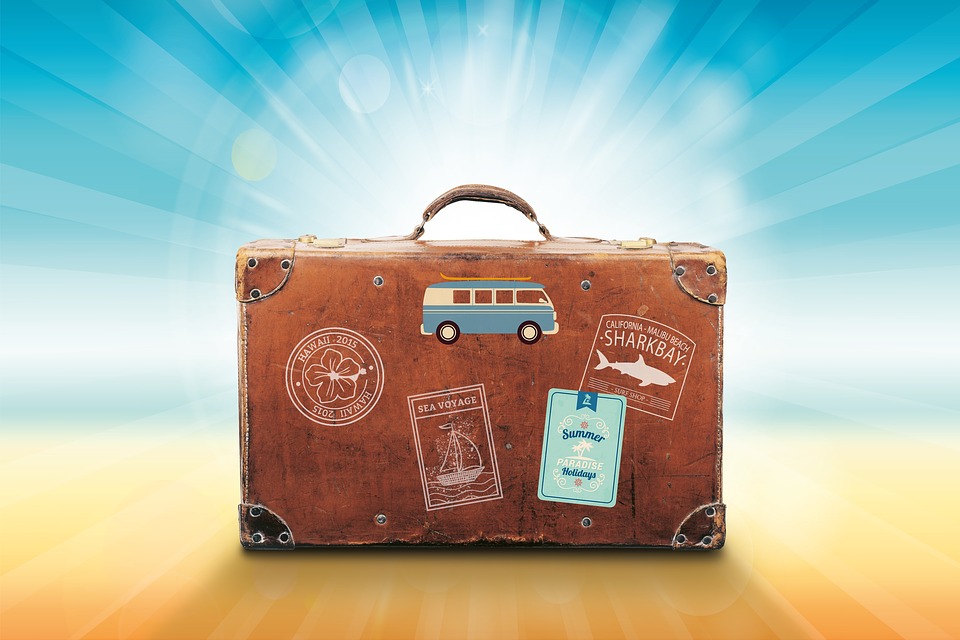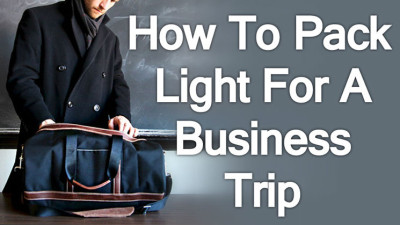Luggage Yesterday, and Today; Has the Suitcase Changed Much Since the 19th Century?
The history of luggage is a long one; stemming as far back as the Crusades, which is rumoured to have featured the first wheeled luggage. In 1596 “luggage” (meaning “inconveniently heavy baggage”; derived from the verb “lug”) was added to the Oxford English Dictionary, solidifying it’s position in history. Before and after this period luggage bags were synonymous with wealth, fashion and travelling; throughout the 17th and 18th centuries art and literature portrays the migration of people across Europe. Almost all carry knapsacks, bindles and other loose bags. As the 19th century approached luggage became less of a necessity and more about fashion; it was around this period that a young Parisian named Louis Vuitton began practising his craft. The well-known designer is as synonymous with fashion today as he was during his lifetime, and is credited with creating the first slatted trunk that would pervade 19th century train travel.

What we would know consider the ‘suitcase’ was invented at the turn of the 20th century. The entire nature of the game changed with the invention of air travel; as airplanes became commercially available, travellers now required suitcases that were lightweight and compact enough to suit a busy airport or a snug, overhead compartment. The inconvenience of heavy luggage in an airport inspired Bernard Sadow, who patented perhaps the most innovative invention for luggage to date; wheeled cases. Despite the patent in 1974, the idea was not too popular to begin with; many claimed that wheels were too effeminate for the masculine gentleman. Eventually, however, these prejudices dwindled and wheels are now as ubiquitous as handles on the modern-day suitcase.
Over the past two decades, additions to the suitcase design have been mostly robotic. The newest generation of luggage features remote tracking technology, integrated weighing scales and USB ports. As with everything else luggage must be intuitive to the desires of it’s owner, and the rise in smart adaptions is constantly moving toward this. In 2016, a company called Travelmate Robotics in San Francisco began crowd-funding for an autonomous suitcase project [http://www.lonelyplanet.com/news/2016/10/12/smart-autonomous-suitcase/] which, if successful, would bring suitcases fully into the hands-free world. Bring on commercial release in June 2017!
Companies like Trunkster have revolutionised the act of opening a suitcase with their roll-up design (https://www.trunkster.co/) which has been designed to provide quick and easy access to the stored belongings, whilst providing protection against the perils of airport baggage-handling and theft. The Away Carry-On [https://www.awaytravel.com/luggage/bigger-carry-on/blue] is a dream for even the most ambitious carry-on luggage packer; they use compression technology to successful fit clothes and shoes in a suitcase that adheres to US airport cabin guidelines; meaning you can pack your entire holiday into a free packing space, without too much trouble. These also carry a TSA-approved double-lock to protect against theft.
The biggest technological emphasis has been on tracking devices, considering how often luggage is lost in airports (read about the lady whose luggage was returned 20 years later [http://people.com/celebrity/tsa-returns-lost-luggage-20-years-later/]) but companies are adding everything from SIM cards to WIFI hotspots to built-in batteries. The trouble is that few of these lavish, futuristic products are readily available, and those that are carry a HEFTY price-tag. It’s still uncertain as to whether this new trend will actually have lasting impact, or whether it will fizzle out when we realise we don’t, in fact, really need a suitcase that follows us around autonomously; frightening old ladies and crashing into coffee stands like a square, demented dog. But, for now, let’s enjoy the idea of having our own constant WIFI hotspot; revelling in the knowledge that, should we see a fellow passenger’s phones die of overuse, we may sit back and smugly sip coffee whilst they jealously eye up our tech-savvy USB ports and detachable battery pack, wishing they hadn’t shopped at Wilkos.











